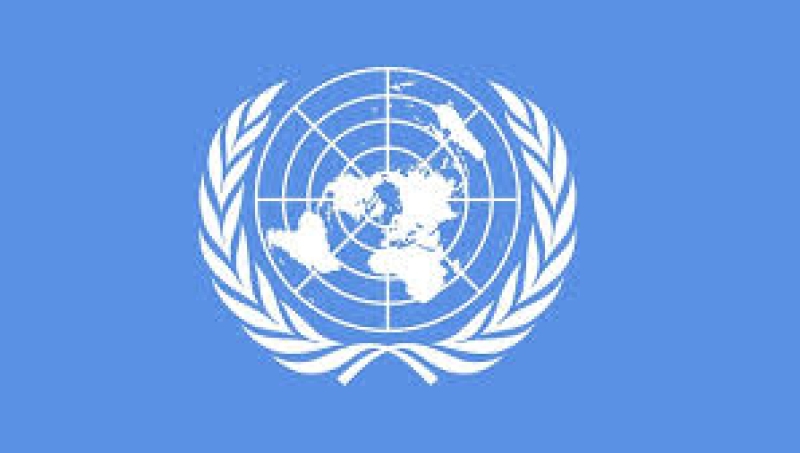- Middle East War Puts Bangladesh Jobs at Risk |
- Starmer criticises Trump, defends UK position not to allow use of its bases |
- Iran War: Nuke watchdog urges restraint amid ongoing strikes |
- 80pc tube wells in Chhatak run dry; water crisis acute |
- Advance Eid train ticket sale begins |
Bangladesh at a crossroads, says senior UN official

UN Resident Coordinator in Bangladesh, Gwyn Lewis, described the country as being at a critical juncture following the resignation of Prime Minister Sheikh Hasina amid weeks of violent protests. The departure has been met with mixed feelings—euphoria over the end of Hasina’s tenure and concern about the government's transition.
Despite recent turmoil, Lewis highlighted a prevailing sense of "hope" and noted Bangladesh's progress towards its 2030 Sustainable Development Goals. In an interview with UN News, she expressed optimism that the transitional government could lead to positive change if it listens to the country’s youth and addresses their demands.
The recent unrest, which began in July over civil service quotas, escalated into nationwide protests calling for Hasina's resignation and accountability for the violent suppression of demonstrations. The violence resulted in over 300 civilian deaths and more than 20,000 injuries, marking some of the worst bloodshed in Bangladesh's history.
Hasina, who had been in power since January 2009, faced intense public pressure and calls for her resignation, compounded by frustration over controversial January elections and rising food and fuel prices. The protests, initially sparked by job quota issues, merged into broader demands for political change.
While calm has somewhat returned, the situation remains uncertain until a new transitional government is established, Lewis said. She emphasized the importance of addressing the widespread desire for change and ensuring that future elections are seen as fair and transparent.

